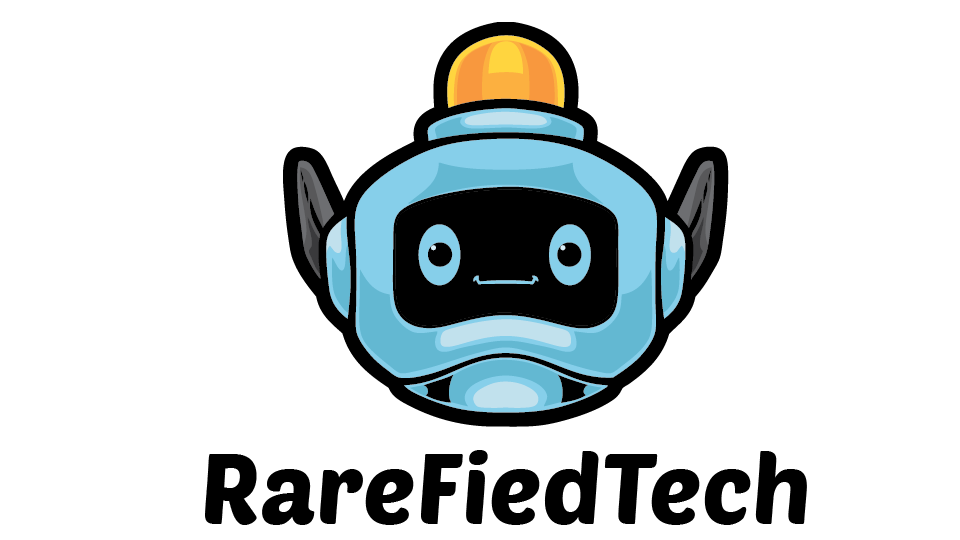In the age of digital data, it’s crucial to have a reliable way to store, access, and manage your files. That’s where Network Attached Storage (NAS) software comes into play. With the right NAS software, you’re not just storing data, you’re harnessing it.
But with a sea of options out there, how do you choose the best NAS software for your needs? I’ve spent years exploring this digital terrain and I’m here to guide you through it. We’ll delve into the world of NAS software, exploring the top contenders and what makes them stand out in the crowd.
So, whether you’re a seasoned tech guru or just dipping your toes into the world of digital storage, stick around. You’re about to gain some serious insight into the best NAS software on the market.
Delving deeper into the world of NAS software, it’s paramount to grasp its definition and benefits in everyday life. With a focus on preserving digital information and promoting file access efficiency, NAS software has established an extraordinary gulf from traditional file storage methods.
Best NAS Software
 NAS (Network Attached Storage) Software fundamentally is a storage system that uses a network connection to provide data access to a diverse group of clients. Primarily created to handle large amounts of data, it represents a consolidated solution for sharing files among multiple users, whether located in the same physical environment or distributed across several locations. Furthermore, it takes the form of both hardware and software that operate collectively to manage and store digital data.
NAS (Network Attached Storage) Software fundamentally is a storage system that uses a network connection to provide data access to a diverse group of clients. Primarily created to handle large amounts of data, it represents a consolidated solution for sharing files among multiple users, whether located in the same physical environment or distributed across several locations. Furthermore, it takes the form of both hardware and software that operate collectively to manage and store digital data.
NAS software is commonly favored for home use and by small to medium-sized businesses due to its simplicity, cost-effectiveness, and capacity for considerable storage expansion. Its efficacious deployment in shared environments such as office networks, collaborators working on a project, or family members at home presents an ideal excuse to consider NAS software beyond its typical professional uses.
Advantages of Using NAS Software
NAS software flaunts an impressive array of benefits for its users. First up, it ensures File Centralization, which implies that all user files and data are stored in one central location. This consolidation makes it significantly simpler to manage, backup, and recover essential files and data when necessary.
Then, it’s the Scalability aspect. Unlike traditional storage media, NAS software allows for easy expansion of storage space as required. Users can add additional storage units seamlessly without substitutes or modifications to the existing system.
Next is Enhanced Performance and Speed because, compared to the traditional storage systems, NAS software relies on dedicated hardware, leading to higher speeds and better performance.
Finally, it’s hard to overlook the Cost-Effective benefit of NAS software. Opting for NAS storage mitigates the necessity for expensive server systems, making it a highly affordable choice for small businesses or individual users. And when the various features, convenience, and peace of mind that NAS software brings into the picture are considered, it’s unquestionably worth the investment.
Features to Look for in the Best NAS Software
Before diving into the specific features of NAS software systems, it’s essential to understand the concept of network attached storage. With a wealth of different systems available, you’ll find unique features across NAS software applications. Yet, several robust and beneficial features hold common appeal across user types and needs.
User-Friendly Interface
 A user-friendly interface enhances your experience with the NAS software. And guess what? The best NAS software applications make the user’s job simpler. They offer an intuitive, easy-to-navigate interface that makes it easy to locate files and folders, configure settings, and perform other tasks. For instance, superb NAS software options like FreeNAS, NAS4Free, and Amahi provide interfaces that even non-tech users find easy to use.
A user-friendly interface enhances your experience with the NAS software. And guess what? The best NAS software applications make the user’s job simpler. They offer an intuitive, easy-to-navigate interface that makes it easy to locate files and folders, configure settings, and perform other tasks. For instance, superb NAS software options like FreeNAS, NAS4Free, and Amahi provide interfaces that even non-tech users find easy to use.
Security and Backup
Protection of your data tops the priority list. Superior NAS software offers robust security features to guard your data against threats. Built-in encryption, antivirus measures, malware protection are just the tip of the iceberg. Besides, they also provide comprehensive backup support. Regular snapshots, fail-safe backup solutions like RAID, and off-site backup support are few such examples to ensure your data remains safe, even in a case of a catastrophic event.
Concurrent User Access
The capability of multiple users accessing files simultaneously is a feature that lends NAS software its particular appeal in shared environments. It provides seamless file sharing among multiple users across different devices, without any apparent slowdown or disruption in service. Synology DiskStation DS218+ is an excellent example of a NAS system offering robust, unhindered concurrent user access.




